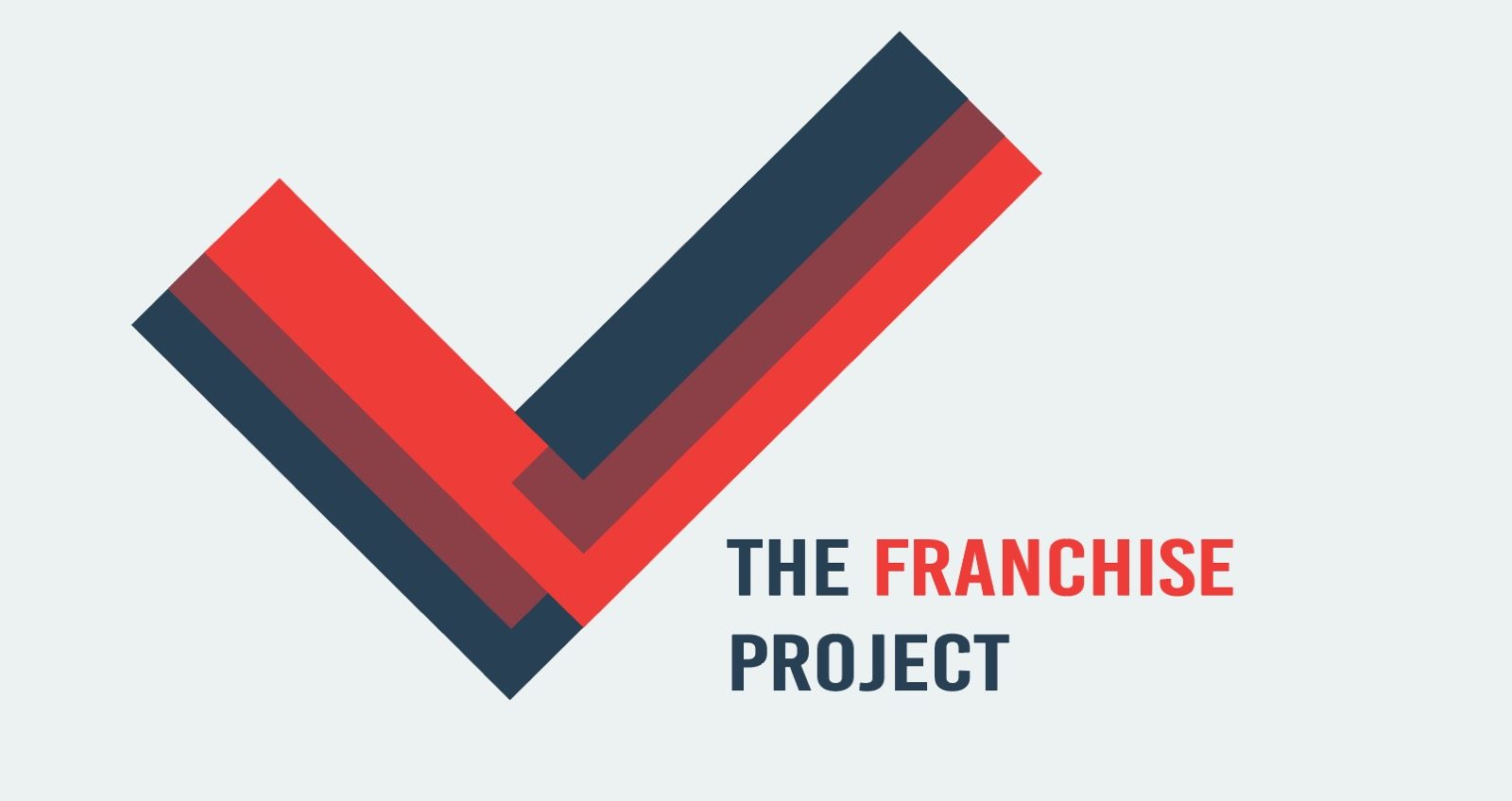Want to make sure you don’t miss the month’s best opinion pieces, deep dives, and analysis? Here’s your monthly roundup of must-read articles on voting rights from around the web:
1. Two years after the 2016 presidential election and amidst warnings about potential foreign interference in the upcoming midterm elections, voting infrastructure in the US “remains largely unchanged…The voting-machine industry…has long been…known for its secrecy, close political ties (overwhelmingly to the Republican Party) and a revolving door between vendors and election offices.”
Want more?
- A lack of faith in our elections is straining our democracy. “About 1 out of every 3 American adults thinks a foreign country is likely to change vote tallies and results in the upcoming midterm elections.” “Nearly 2 in 5 American voters do not believe elections are fair…Nearly half of respondents lack faith that votes will be counted accurately in the upcoming midterm elections.”
- According to one panel of experts, ways to combat election hacking include paper ballots and “‘appropriate’ funding of the United States Election Assistance Commission.
- A report on voter registration database security urges security improvements including use of strong passwords and multi-factor authentication.
- California launched a “new Office of Elections Cybersecurity will focus on combating social media campaigns that try to confuse voters or discourage them from casting ballots.”
2. A pair of political science professors run through a few ways to increase voter turnout among college students. Suggestions include classroom registration; certain uses of email, social media, and text messages; and one-on-one mobilization.
Want more?
- One professor describes his experience using person-to-person contact to register students to vote.
- A columnist walks through the arguments for a “vote-at-home” system to increase voter turnout.
- NPR explores four factors (age, income, education level, and habits) that affect voter turnout among those who can vote — that is, do not face significant voting barriers — but choose not to vote.
3. The Justice Department has demanded millions of voting records in North Carolina. The move has been criticized by some as a continuation of the work of President Trump’s disbanded voter fraud commission and a vehicle for voter suppression.
Want more?
- The Justice Department demand extended to North Carolina’s DMV and “appears related to an investigation of illegal voting by noncitizens…[involving] 20 North Carolina residents. The “State Board of Elections and Ethics Enforcement voted unanimously…to resist the sweeping federal subpoena.”
- A columnist argues that the myth of rampant voter fraud is rooted in a Republican strategy to suppress the vote. The article traces the influence of bungled elections, republican influence on election administration, and the effectiveness of lying on that strategy.
4. Documentation was released that demonstrated that Commerce Secretary Wilbur Ross lied under oath about the fact that he and hist staff initiated a request to add a question about citizenship to the census. Adding the question would likely mean that “[a]reas with few Latinos, which tend to lean Republican, would receive outsize Congressional power and outsize federal money.”
5. “Across the country, more than six million people have lost the right to vote because of their criminal records. More than 1.5 million of them live in Florida, a higher number than in any other state. [A] ballot initiative [that] would automatically restore the right to vote to people with a felony conviction who have completed their sentences” except for those convicted of murder or sex offenses will be on the ballot in Florida this November. Emily Bazelon dives deep into the push to restore voting rights to former felons.
Want more?
- A recent prison strike across the US ended with the goal of channeling the momentum into the push to restore the right to vote for disenfranchised felons.
- “Many Americans held in jail while awaiting trial are legally eligible to vote. Each election cycle, however, countless numbers of them are excluded from participating in the democratic process because of structural barriers to voter registration and voting.”
